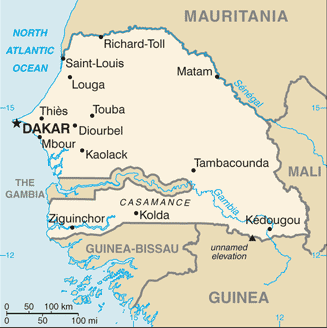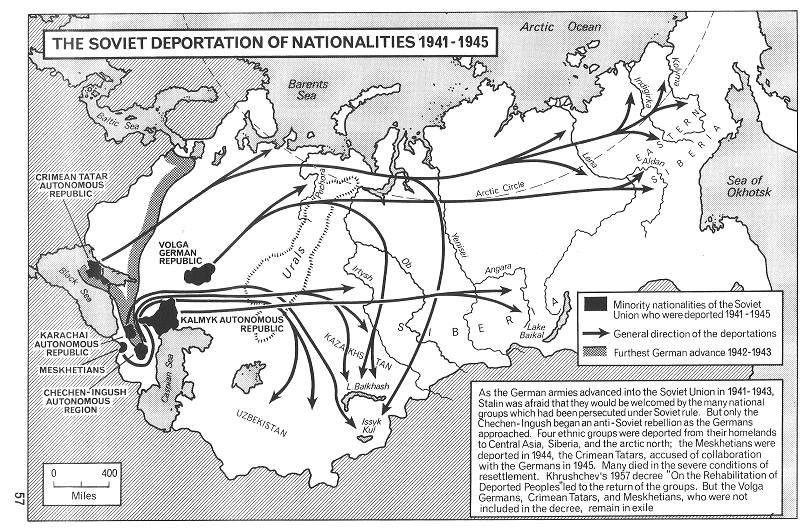
Senegal: new offensive against Casamance rebels
Senegal’s military has launched a new offensive against a faction of the separatist Movement of Democratic Forces of Casamance (MFDC). The operation follows the death of four soldiers and the capture of seven others in fighting with the MFDC faction led by Salif Sadio, which has remained in arms in defiance of a 2014 ceasefire. A military statement said the offensive aims to “destroy all armed gangs conducting criminal activities” and “preserve the integrity of the national territory at all costs.” Casamance—the narrow southern strip of Senegalese territory sandwiched between Gambia to the north and Guinea-Bissau to the south—has seen a pro-independence insurgency since 1982, making it Africa’s longest-running conflict. Tens of thousands have been displaced, the rural economy is devastated, and large stretches of territory have become no-go zones due to landmines. (Map: PCL Map Collection)



